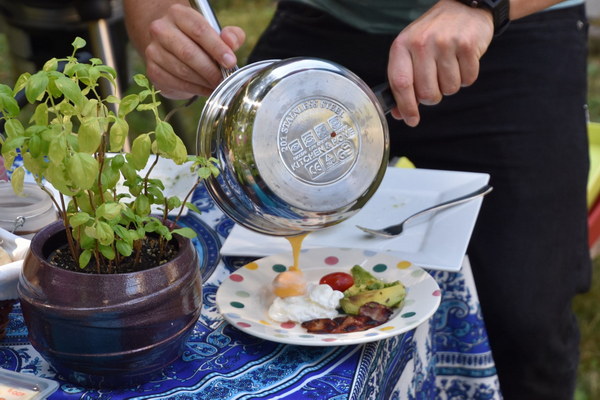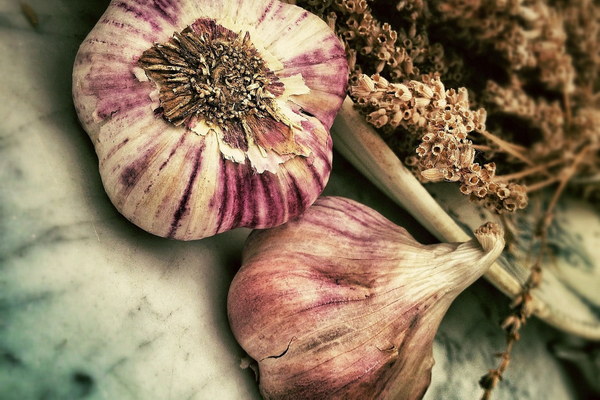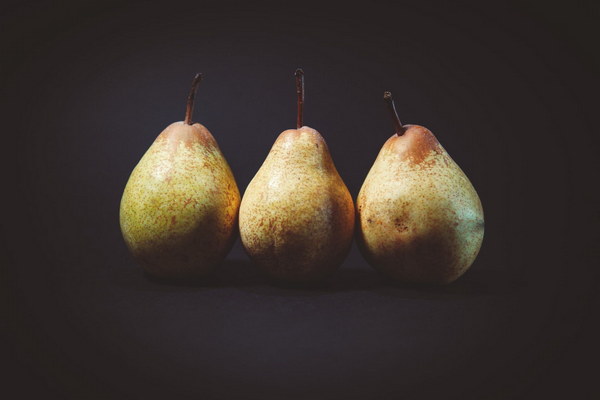Nurturing the Spleen Nourishing Yin and Qi A Traditional Chinese Medicine Approach to Enhancing Health
In traditional Chinese medicine (TCM), the concept of balancing the body's Yin and Yang, as well as the five elements, is central to maintaining health and preventing illness. Among the many organs, the spleen plays a crucial role in the digestion and absorption of nutrients, which are essential for the nourishment of the body's Yin and Qi. In this article, we will explore how to nurture the spleen, nourish Yin and Qi through TCM practices, and the benefits of these practices in enhancing overall well-being.
1. Understanding the Spleen in TCM
In TCM, the spleen is responsible for the transformation and transportation of nutrients, ensuring that the body receives the essential substances it needs to function properly. A healthy spleen is crucial for the production of Qi (vital energy) and the nourishment of Yin (body fluid and substance). When the spleen is weakened, it can lead to various health issues, including fatigue, digestive problems, and a weakened immune system.
2. Diet and Nutrition
A balanced diet is essential for nurturing the spleen and balancing Yin and Qi. Here are some dietary recommendations:
a. Eat warm, cooked foods: Cold or raw foods can overwhelm the spleen and lead to digestion issues. Opt for warm, cooked meals that are easy to digest.
b. Incorporate spleen-nourishing foods: Foods such as sweet potatoes, millet, ginger, and leeks are known to support the spleen function. These foods can be included in your daily diet to help strengthen the organ.
c. Avoid spleen-sapping foods: Foods that are cold, raw, or difficult to digest, such as ice cream, raw vegetables, and high-fat foods, can weaken the spleen. It's best to limit or avoid these foods.
3. Herbs and Supplements
TCM offers various herbs and supplements that can help nourish the spleen, Yin, and Qi. Some of the most commonly used include:
a. Astragalus (Astragalus membranaceus): Known for its immune-boosting properties, astragalus is a popular herb for supporting the spleen and enhancing Qi.
b. Codonopsis (Codonopsis pilosula): This herb is known to nourish the spleen and Qi, helping to improve energy levels and digestion.
c. Rehmannia (Rehmannia glutinosa): This herb is used to nourish Yin and blood, which is essential for the healthy functioning of the spleen.
4. Acupuncture and Tui Na
Acupuncture and Tui Na, a form of therapeutic massage, are two other TCM practices that can help nurture the spleen, Yin, and Qi.
a. Acupuncture: This ancient technique involves inserting fine needles into specific points on the body to unblock Qi and restore balance. Acupuncture can help improve digestion, boost the immune system, and enhance overall well-being.
b. Tui Na: This therapeutic massage focuses on the meridians and acupoints to stimulate blood circulation and Qi flow. Tui Na can help relieve stress, improve digestion, and support the spleen.

5. Lifestyle and Mindfulness
In addition to dietary and herbal remedies, adopting a healthy lifestyle is essential for nurturing the spleen, Yin, and Qi.
a. Regular exercise: Engaging in moderate exercise, such as walking, yoga, or tai chi, can help improve blood circulation and enhance Qi flow throughout the body.
b. Adequate rest: Ensuring you get enough sleep and rest is crucial for balancing Yin and Qi. Aim for 7-9 hours of quality sleep per night.
c. Mindfulness and stress reduction: Practices such as meditation, deep breathing exercises, and spending time in nature can help reduce stress and promote emotional well-being, which is essential for a healthy spleen.
In conclusion, nurturing the spleen, nourishing Yin, and Qi is essential for maintaining a healthy and balanced body. By incorporating dietary changes, TCM herbs, acupuncture, Tui Na, and adopting a healthy lifestyle, you can support the spleen's function and enhance your overall well-being. Remember that TCM is a holistic approach to health, and it's essential to consult with a qualified TCM practitioner before starting any new treatment or diet.









